The Importance of Music Education in Primary Schools
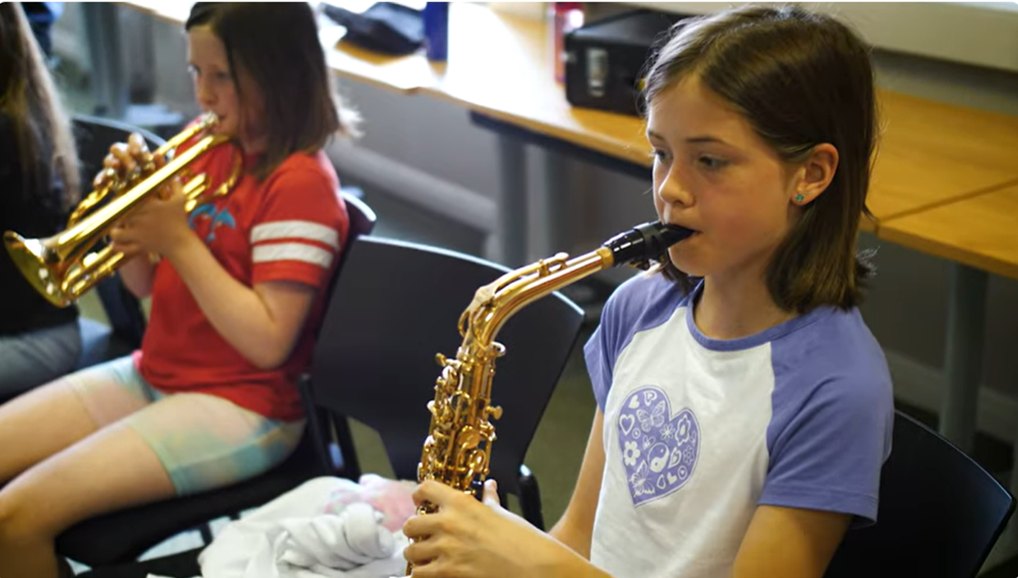
The importance of music education in primary schools cannot be overstated. It plays a vital role in children's development, bringing joy while shaping cognitive, emotional, and social skills. The UK’s National Plan for Music Education (NPME) emphasizes the need for every child to access high-quality music education from an early age, highlighting its essential role in fostering a broad range of benefits for young learners.
North Tyneside Music Education Hub (NTMEH)’s core aims are to ensure every child aged 5-18 has the opportunity to learn a musical instrument and have performance opportunities ensuring clear progression pathways for all; encompassing the NPME within its strategies.
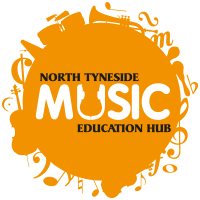
Cognitive Development
Music education enhances cognitive abilities above and beyond the music classroom. Research shows that learning music improves brain functions related to language, memory, and mathematics. NTMEH are proud to work with all schools in North Tyneside to ensure every child has access to in-school instrumental lessons and wider opportunities. Children who participate in music lessons often demonstrate stronger problem-solving skills, better pattern recognition, and enhanced memory retention, which are all vital for young cognitive development. Music helps children think creatively and critically, skills essential for learning and future innovation.
Emotional and Social Growth
Music plays a key role in developing emotional intelligence. Children express themselves through music, whether singing, playing an instrument, or composing. By having a creative outlet, children can improve their confidence and emotional resilience, essential for well-being. Children can better understand their emotions through music, which supports them in becoming more self-aware, and ultimately helping them navigate other areas of their lives.
Socially, music education teaches cooperation and collaboration. Group music activities such as choirs or ensembles require children to work together, listen, and respond to others. NTMEH regularly host events for school groups and classes to take part in to diversify their performance opportunities. This teamwork enhances communication skills, empathy, and respect for others’ contributions. The NPME stresses that music should be inclusive, enabling every child to thrive, regardless of background. NTMEH provides a free of charge term-time Saturday Music Centre offer open to all aged 5-18 which includes a variety of choirs and ensembles, and ensures all activities are inclusive.
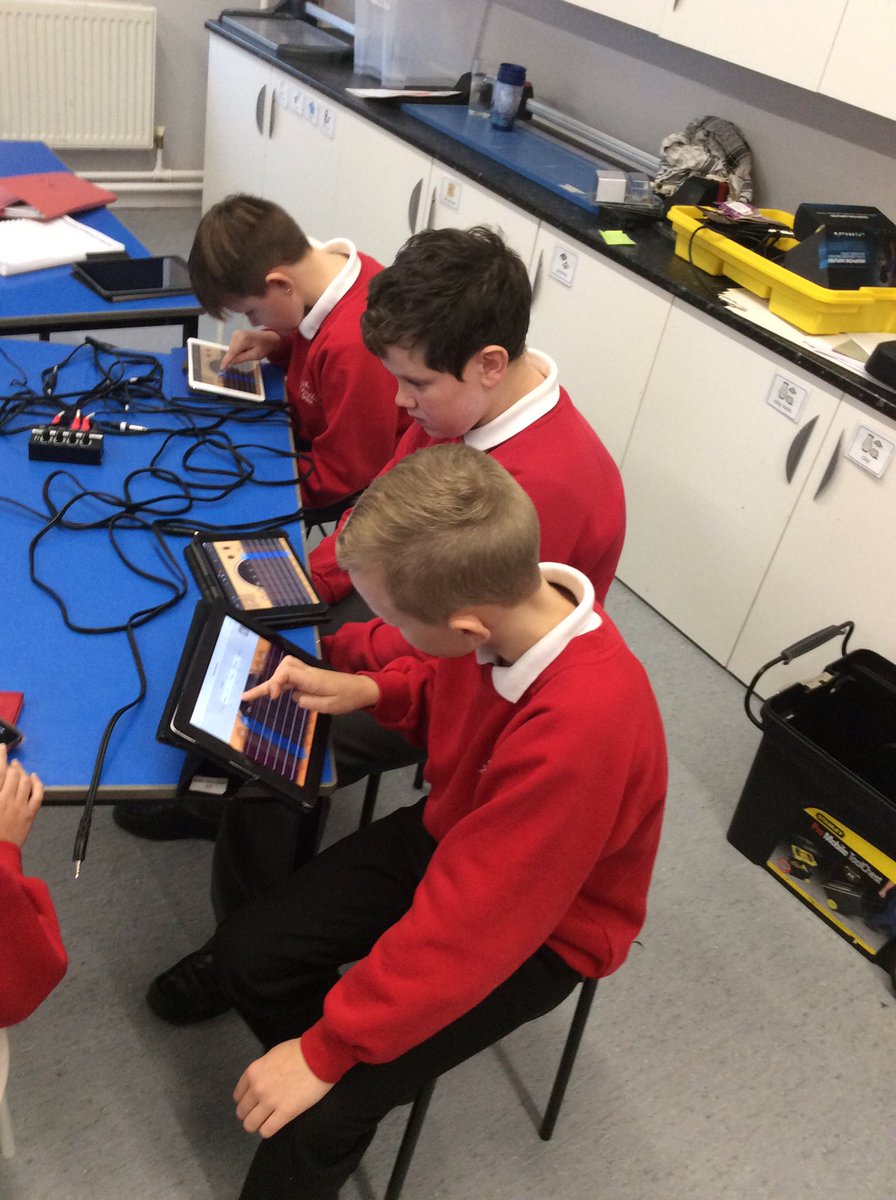
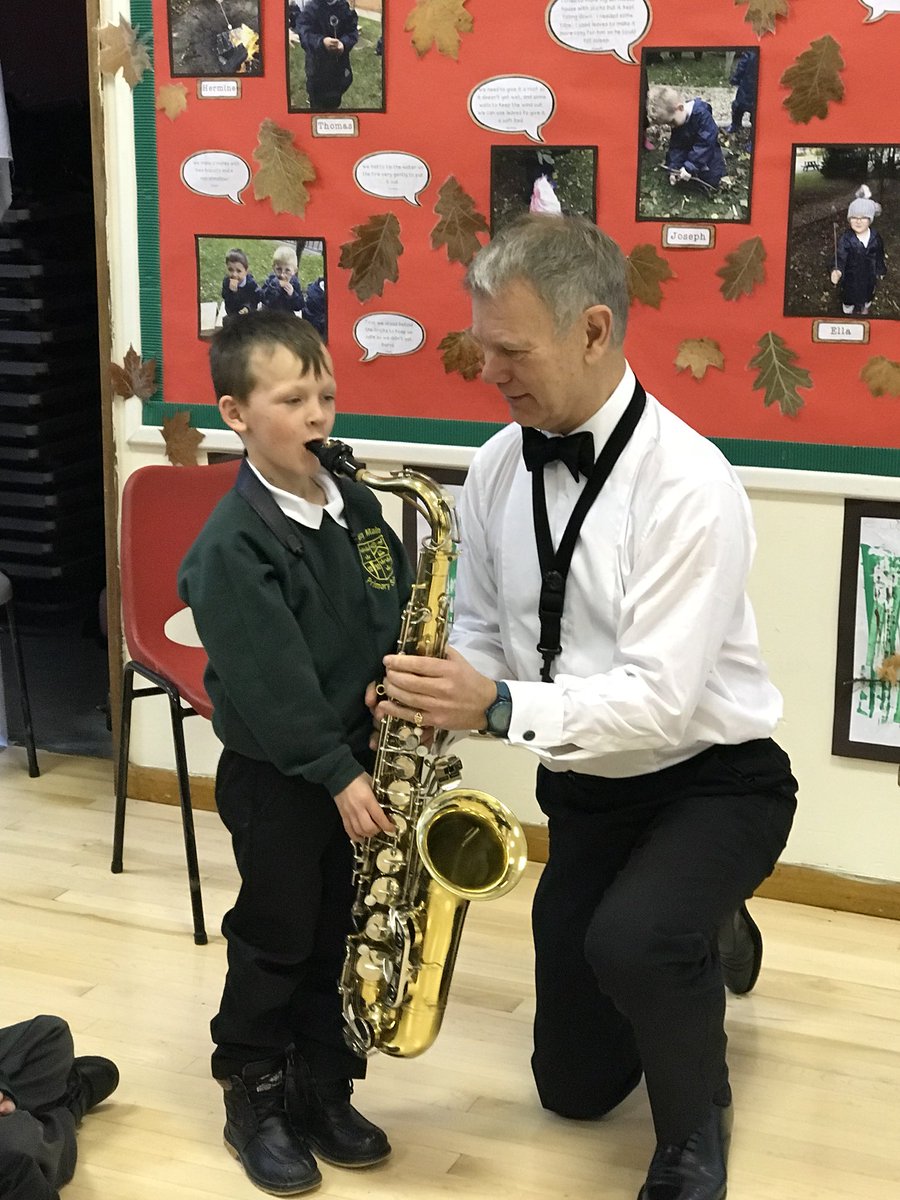
Cultural Diversity and Inclusivity
Music helps children understand and appreciate diversity by exposing them to various musical traditions, genres and cultures which allows children to develop a more inclusive worldview. NTMEH work with schools by providing CPD and resources to support integrating music into other subjects to support topics across the broad curriculum such as poetry and history for example. Within music education, whether learning about classical compositions or world music, children gain cultural awareness and a deeper understanding of the global community they live in. NTMEH offer opportunities for schools to work with regional and national partners in order to access a diverse and inclusive multicultural enrichment.
This cultural education promotes tolerance and respect, preparing students to engage meaningfully with the world around them. Music, in this sense, becomes a powerful tool for cultural integration and empathy.
Lifelong Skills and Enjoyment
Music education provides more than just short-term benefits; it fosters a lifelong appreciation of the arts. Through early exposure to music, children develop skills that stay with them for life, including discipline, creativity, and emotional expression.
NTMEH are currently running a project for Early Years settings benefitting children at the very start of their educational journeys by working with community musicians. Whether children pursue a career in music or simply enjoy it as a hobby, the lessons learned during primary school remain valuable. These values are emphasised by the NPME which highlights the importance of progression, encouraging students to continue their musical journey beyond primary school. One of NTMEH’s core aims is to ensure clear progression routes are available to all, and NTMEH work with all schools to aid transition between ages and musical development.
A symphony for the mind, body and soul
So music education in primary schools is vital for developing well-rounded, creative, and emotionally intelligent children. It not only boosts cognitive skills but also fosters social and emotional growth, teamwork, and cultural awareness. The National Plan for Music Education envisions a future where every child can experience these benefits, positioning music education as a fundamental part of their overall development.
NTMEH continue to offer all schools in North Tyneside the opportunity to buy into the service level agreement so that they can support schools in providing high-quality music education in their settings.
Investing in music education is an investment in a future generation of thinkers, creators, and empathetic individuals. Music helps shape children into adaptable, inclusive, and thoughtful adults who will carry these values into the wider world.
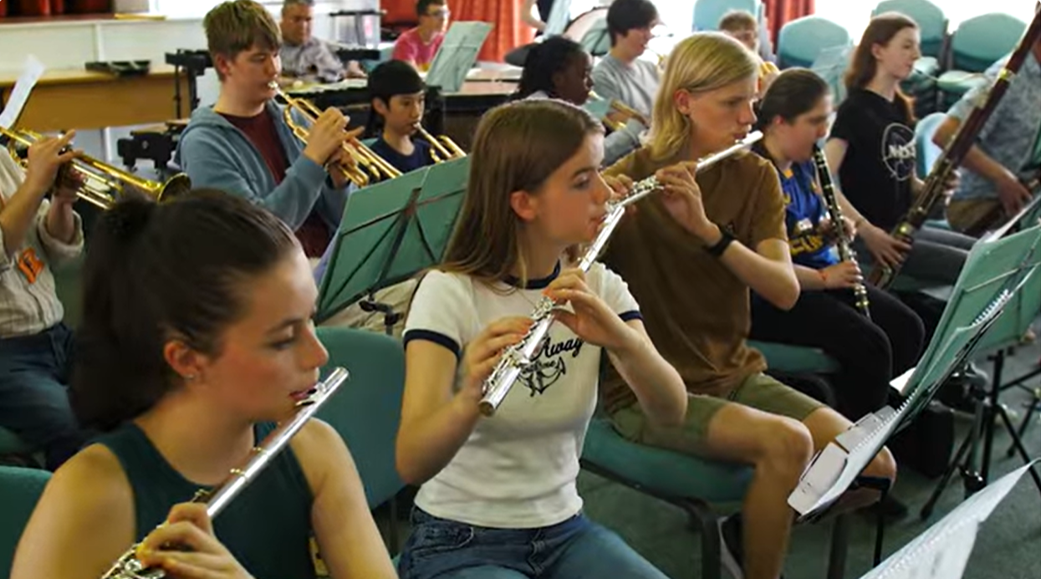
Ready to find out more?
If you would like more information regarding North Tyneside Music Education Hub and what it offers to schools, parents and young people please head to their website.

